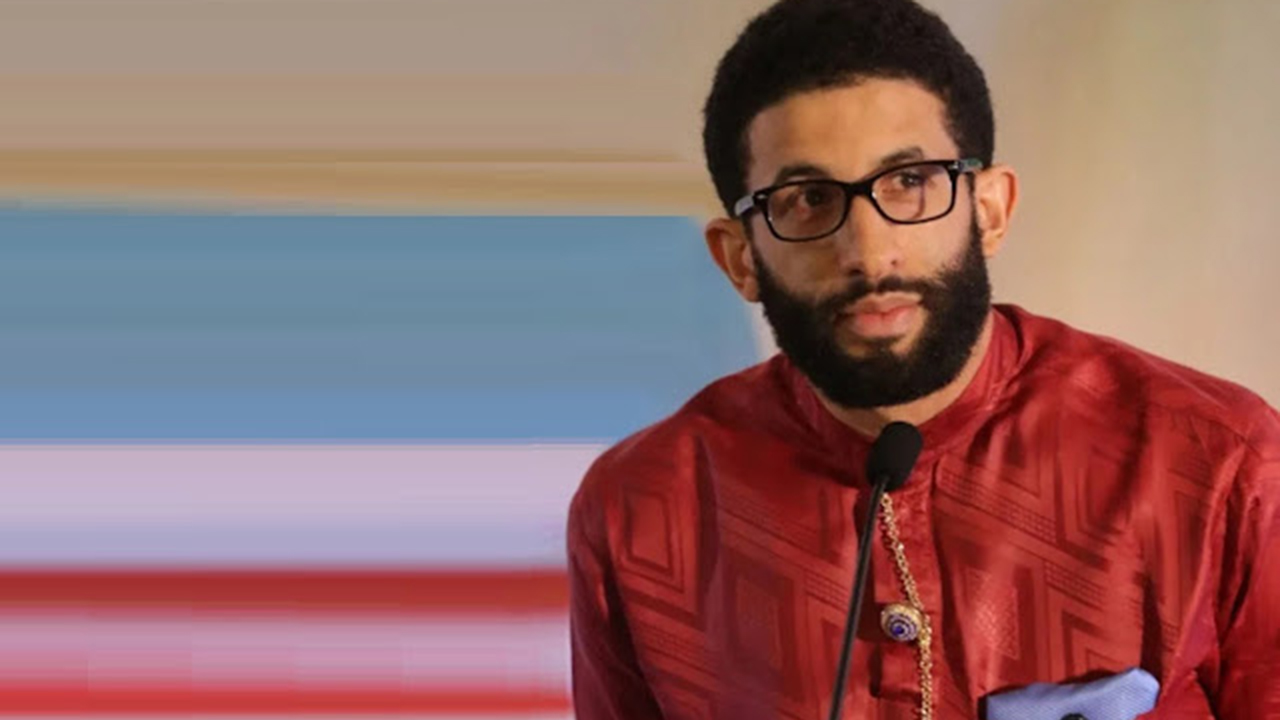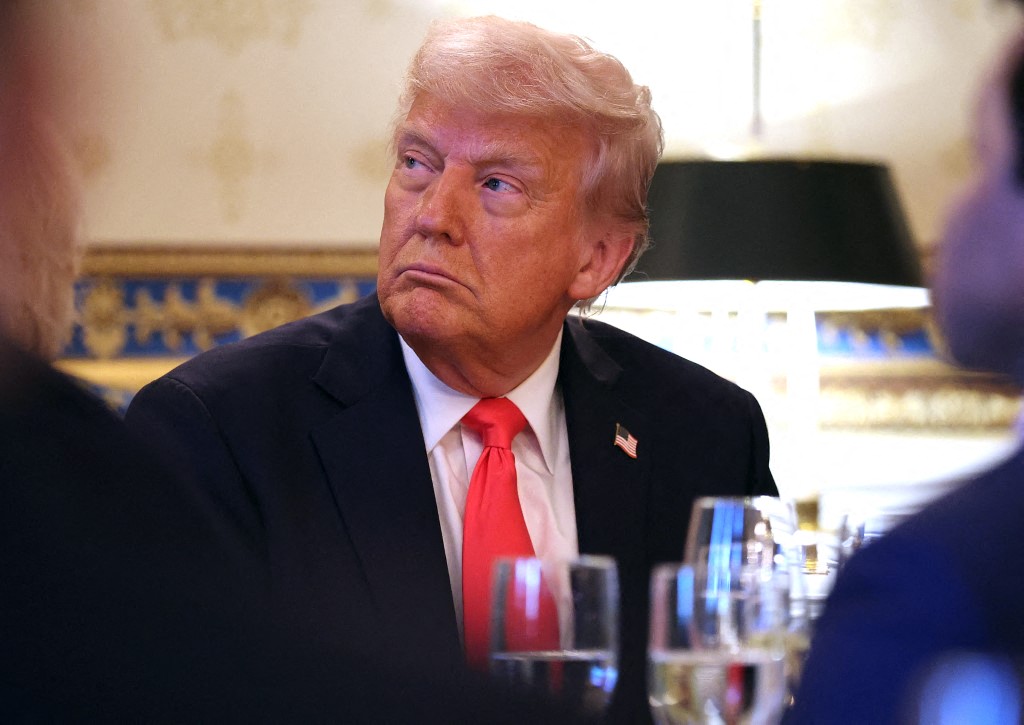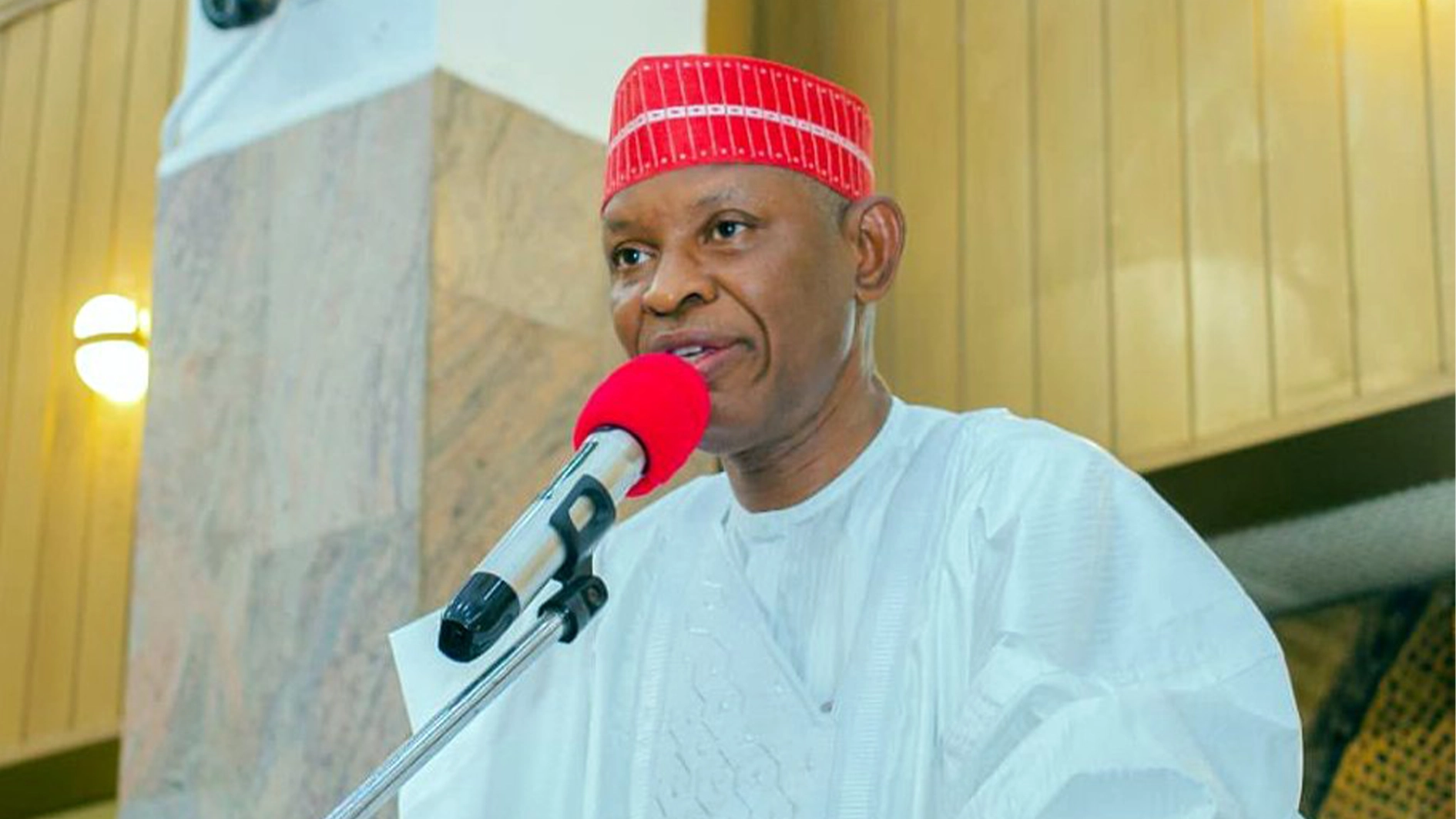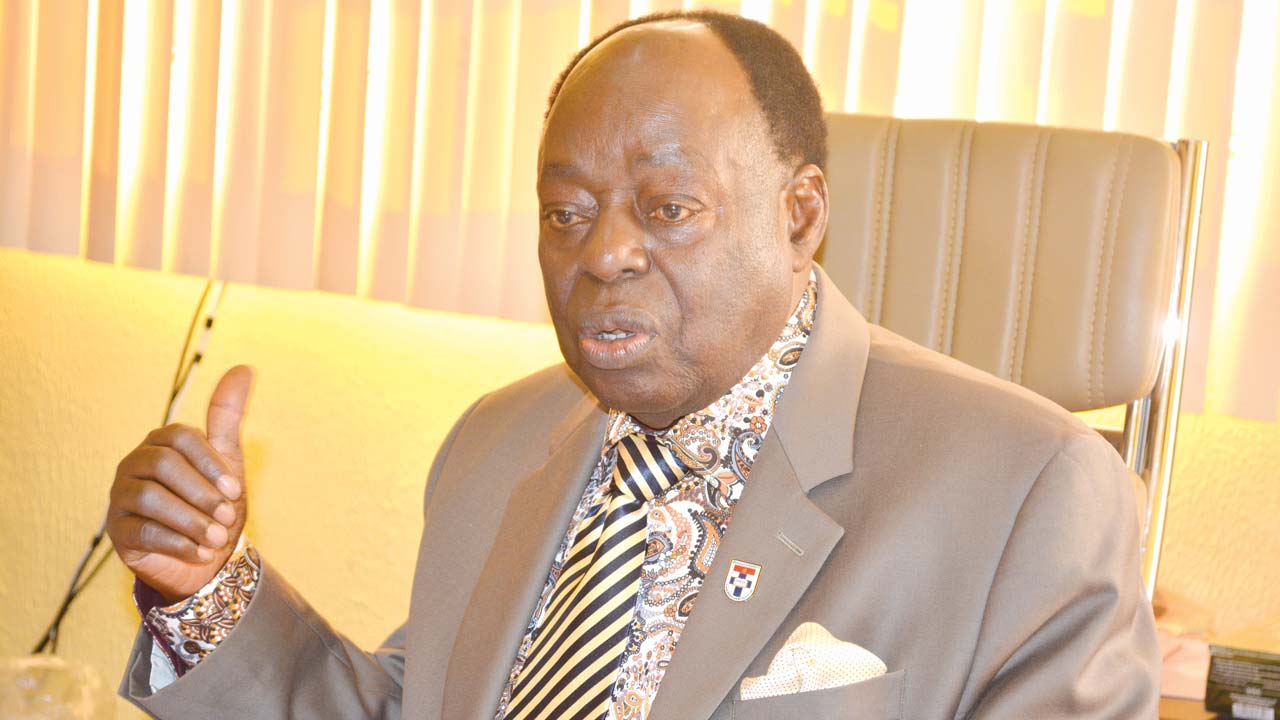
The July 26, 2023 coup in Niger adds sinews to the democratic reversal in the sub-region. An unconsidered reaction would be premature without understanding what it meant.
The dynamics of regime change in the continent are a consequence of the inherited power architecture of the post-colony. They are the various attempts to regain back the national productive forces in ways autonomous or subservient to neo-colonial control.
The coup has engendered a reaction ostensibly in defence of democracy but what is prevalent in the continent is maladjustment within the democratic project of the West in Africa, which is why democratic practices in Africa and other developing countries have various described by scholars as ‘virtual’, ‘pseudo’, and ‘electoral’ democracy.
Many countries in Africa ran into this governance prescription through circumstances beyond their control—economic hardship and the quest for relief made them swallow the conditionality package of the West.
The African big man has learnt to manipulate this governance complex through a great deal of illiberalism. In so far as the existing state structures do not hinder the repatriation of capital, the West which owns the democracy project is comfortable. When capital meant for repatriation begins to serve the welfare goal of the African populace only then do we have a democracy that is consubstantial to the aspirations of the African people.
The first lesson ought to be for a statesman to know that the rumbles of maladjustment with the post-colony will remain for a very long time a feature of the African polities until autonomy is won from the constraints of the post-colony.
A military intervention in this context will be to further the goal of the West, and the intensification of the contradictions of the post-colony, the latter understood as the enduring colonial structures in the post-colonial state.
Nevertheless, your reaction as the ECOWAS chair to the coup in Niger resulting in a premature issuance of an ultimatum of a military invasion, was a diplomatic blunder. When I heard this statement from you, I struggled to reach you to tell you to tone down, but to no avail.
I was relieved when the National Assembly gave you a latitude towards a diplomatic solution. Not before your action has led the regional body on the path of bellicosity. Abdel-Fatau Musah, ECOWAS Commissioner for Political Affairs, Peace and Security, echoed the readiness for war during the closing ceremony of a two-day meeting of West African army chiefs in Ghana’s capital, Accra, to the effect that “The D-day is also decided. We’ve already agreed and fine-tuned what will be required for the intervention.”
Also, your outburst expressed by your spokesman, Ajuri Ngelale, which stated clearly that you were “managing a very serious situation. If you take ECOWAS aside, other people will react, those who are outside of our control. I am the one holding those sides back. I am the one holding back ECOWAS,” only convened collusion with foreign powers that may not be far from France, a virulent neo-colonial power feeding on the resources of the continent. In the tense atmosphere, the United States quickly clinched a deal to retain its lily pads in the Sahel.
The undiplomatic course earned you ridicule, which could have been averted. A Former Foreign Minister, Alhaji Sule Lamido, would describe you as a neophyte in foreign policy. The Punch Editorial of August 7, 2023, drove home the point about your impulsive actions, which you must avoid at all costs. It says, “Tinubu is a loose cannon. He takes incautious actions bereft of critical analyses, proactive plans, and war-gaming. Reports say even ECOWAS military chiefs were not initially carried along while its political leaders were threatening war.”
Niger is an important neighbour to us, and we must maintain good relations with it. We share a long border, natural resources such as the River Niger, and consanguinity with Nigerians with families across the two countries. Also, the spirit of African brotherhood or Pan-Africanist spirit dictates a warm hand of fellowship all the time.
The reality of your impetuosity is that ECOWAS is split under your watch. Three countries run by military juntas first banded together to form a military and economic alliance, known as the Alliance of Sahel States (ASS), and has now formally withdrawn from ECOWAS, and vowed never to come back to the fold. As this reality sinks, Nigeria loses a credible platform to project its power in the sub-region. It means weak Nigeria, a weak continent.
It is time to return to Kwame Nkrumah’s credo, Africa must unite politically and form a continent army. It is imperative to preserve the continent’s inviolability, both de facto and juridical.
The cue supplied recently by Erik Prince, the founder of Blackwater, the US-based private military company, on the need to recolonise the continent, is enough warning for the wise.
The warmonger said “It is time for us to just put the imperial hat back on to say we are going to govern those countries if you are incapable of governing yourself because enough is enough.” African unity is required to checkmate the Princes of this world, and Nigeria holds the key.






